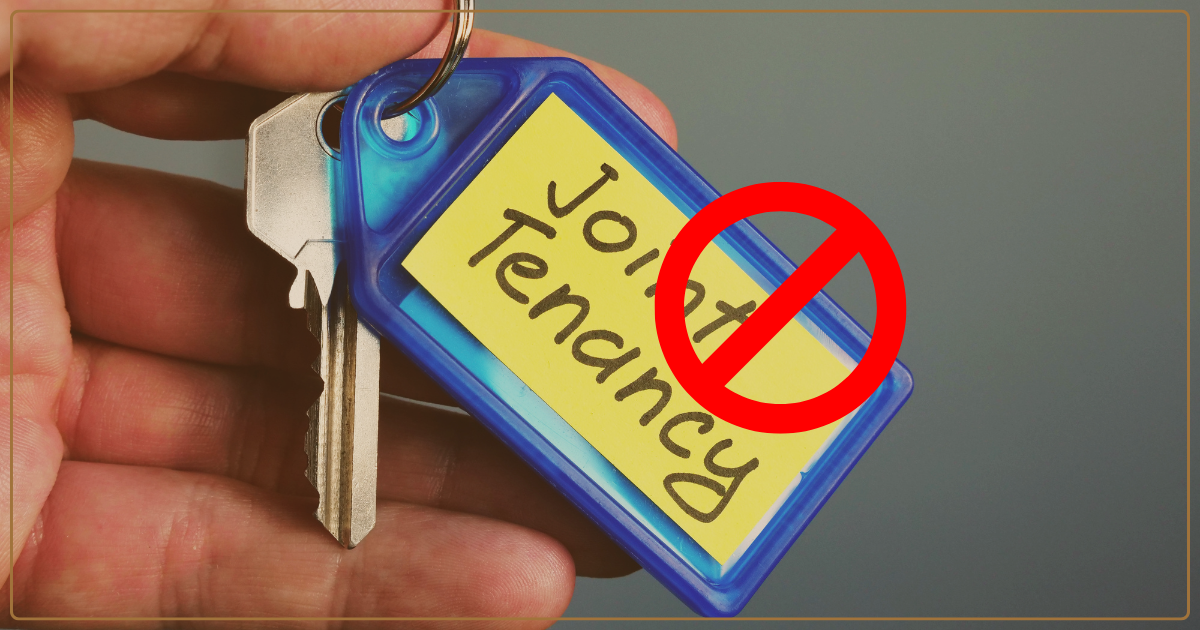
28 Oct How to Avoid Probate with Joint Tenancy
Joint tenancy is a simple and effective method to avoid probate, ensuring that your property passes directly to your co-owner upon your death. Here’s how it works and why it’s beneficial:
- Right of Survivorship: The primary feature of joint tenancy is the right of survivorship. This means that when one joint tenant dies, their interest in the property automatically transfers to the surviving joint tenant(s) without the need for probate. This process is typically quick and straightforward, allowing the surviving co-owner to take full ownership without legal complications.
- Cost-Effective: Avoiding probate through joint tenancy can save time and money. Probate can be a lengthy and expensive process, involving court fees, attorney fees, and other expenses. By holding property in joint tenancy, these costs can be bypassed, providing a more economical way to transfer ownership.
- Simplicity: Establishing joint tenancy is relatively simple. When purchasing property, you can designate it as jointly held on the deed. If you already own property, you can transfer it into joint tenancy with the appropriate legal documentation. It’s essential to ensure that the deed clearly states “joint tenants with right of survivorship” to avoid any potential legal disputes.
- Immediate Transfer: Since the transfer of ownership occurs automatically upon death, the surviving joint tenant gains immediate control of the property. This immediate transfer can be particularly beneficial in managing finances, as it provides the surviving tenant with quick access to the property or accounts.
- Considerations: While joint tenancy offers significant advantages, it’s important to consider potential drawbacks. For instance, all joint tenants have equal rights to the property, which can complicate matters if one wants to sell or mortgage the property. Additionally, joint tenancy does not allow you to specify different beneficiaries or control how the property is distributed beyond the surviving joint tenant.
In conclusion, joint tenancy is an effective strategy for avoiding probate and ensuring a smooth transition of property ownership. However, it’s crucial to understand the implications fully and consult with an experienced estate planning attorney to determine if joint tenancy aligns with your overall estate planning goals.
Genesis Law, PA can provide expert guidance on whether joint tenancy is the right choice for your situation and assist you in setting it up correctly.
Schedule a consultation today with Alecia Daniel by calling (772) 539-9831 or visiting https://genesislawpa.com/scheduleaconsultation/

Sorry, the comment form is closed at this time.